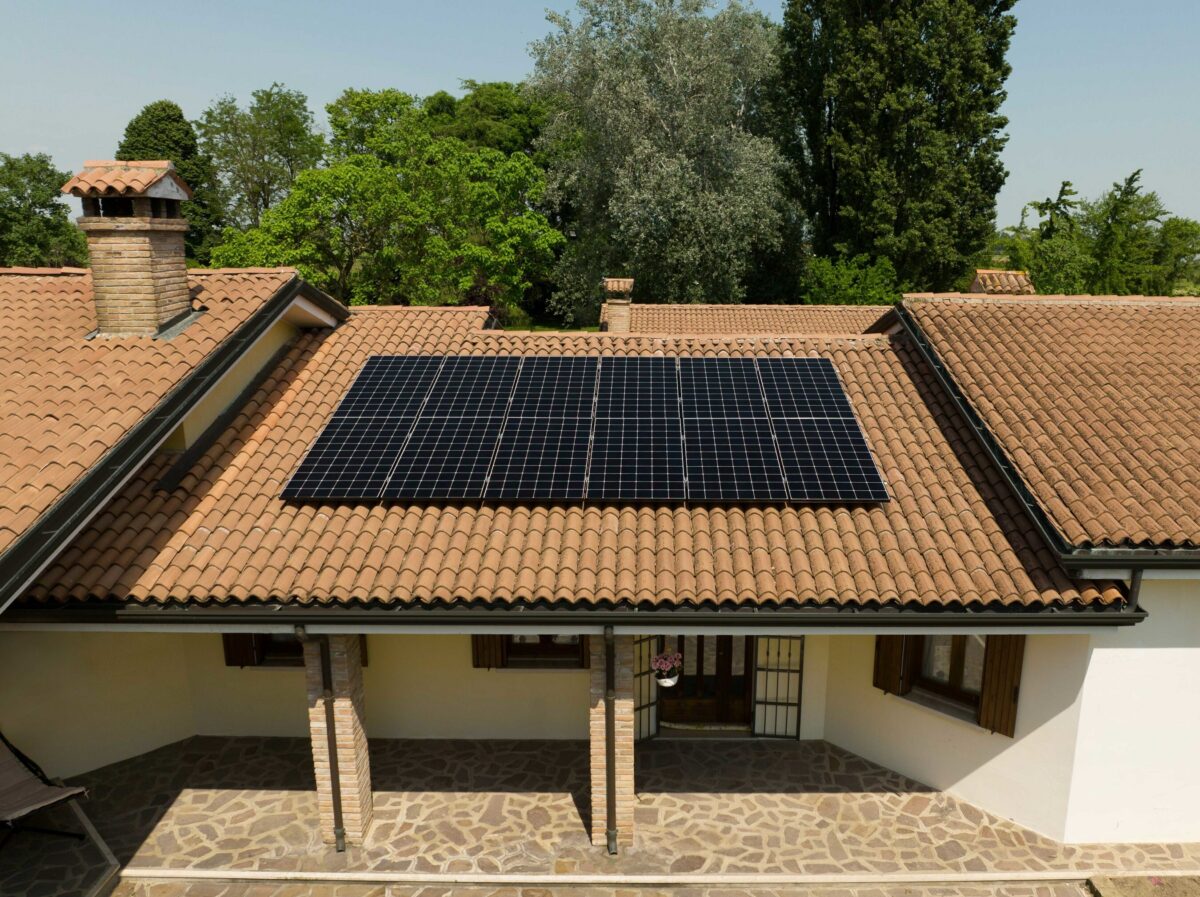Singapore’s Maxeon has announced that it has achieved an aperture module conversion efficiency of 24.7% for a full-scale Maxeon 7 PV panel. The US Department of Energy's National Renewable Energy Laboratory (NREL) confirmed the result.
The Maxeon 7 module is based on interdigitated back contact (IBC) technology. The manufacturer hosts a Maxeon 7 pilot assembly line in the Philippines and has recently announced it will expand the cell manufacturing capacity for the “record-breaking” module to 500 MW.
Maxeon also announced efficiency improvements to its existing IBC products, with Maxeon 6 and 3 panels achieving efficiencies of 23% and 24%, respectively.
“Our technology team continues to increase the performance of our IBC technology platform to efficiency levels that were not anticipated when we launched our first commercial products almost twenty years ago,” said Bill Mulligan, Maxeon’s CEO. “Most importantly, these achievements are not one-off laboratory results but mainstream production technologies that increase customer value and extend our differentiation versus our competitors.”
Maxeon recently priced a public offering of shares to raise $157.4 million. It said it would use the funds for Maxeon 7 module production and general corporate purposes.
This content is protected by copyright and may not be reused. If you want to cooperate with us and would like to reuse some of our content, please contact: editors@pv-magazine.com.



7 comments
By submitting this form you agree to pv magazine using your data for the purposes of publishing your comment.
Your personal data will only be disclosed or otherwise transmitted to third parties for the purposes of spam filtering or if this is necessary for technical maintenance of the website. Any other transfer to third parties will not take place unless this is justified on the basis of applicable data protection regulations or if pv magazine is legally obliged to do so.
You may revoke this consent at any time with effect for the future, in which case your personal data will be deleted immediately. Otherwise, your data will be deleted if pv magazine has processed your request or the purpose of data storage is fulfilled.
Further information on data privacy can be found in our Data Protection Policy.